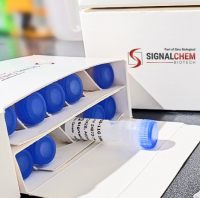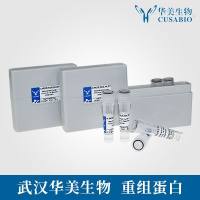Trafficking of Trk Receptors
互联网
640
Endocytosis and trafficking of Trk receptors are central to their functions in neuronal development. Neurotrophin binding
to Trk receptors induces endocytosis of Trk receptors as a ligand–receptor complex in axon terminals. This endocytic ligand–receptor
complex, termed the signaling endosome, is retrogradely transported to cell bodies of developing neurons to regulate transcriptional
programs that promote neuronal survival. Compartmentalized cultures are an essential tool for studying the directional trafficking
of Trk receptors in neurons. Compartmentalized cultures allow the separation of cell bodies and distal axons into distinct
fluid environments. This enables the researcher to add neurotrophins or other factors exclusively to the distal axons or cell
bodies of neurons. Here we describe two related compartmentalized culture methods, the antibody feeding assay and cell surface
biotinylation assay, to study the directional transport of Trk receptors in neurons. Selective addition of antibody or biotin
to compartmentalized cultures allows researchers to specifically label Trk receptors in the distal axons or cell bodies of
neurons, and follow their trafficking to other cellular compartments using standard detection methods.







